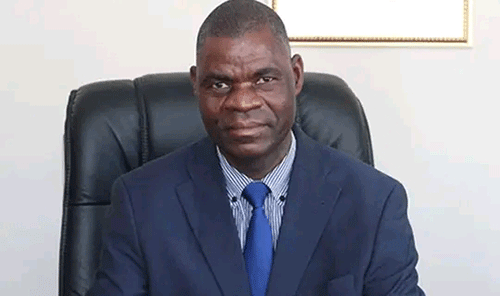Miscommunication and a lack of a decentralised regional structure are to blame for complaints against mining activities in areas of the Epupa constituency in the Kunene region, a report released by the Ombudsman showed.
Late last year, Ombudsman Basilius Dyakugha and his team conducted an investigation into complaints by traditional leaders in the Epupa constituency regarding the extraction of minerals, mostly copper.
The team visited several mining sites, including Kaokoland, and held meetings with the communities about mining activities in the area.
“The complaints regarding the alleged unlawful extraction of minerals in the Kunene region were largely attributed to poor communication, failure or lack of following decentralisation regional structures like village development committees, and insufficient consultation between miners, local communities and traditional leaders in the affected areas,” read the report.
It said the power struggle between gazetted and non-gazetted traditional leaders remains a significant concern and a primary cause of disunity among the leaders and their communities.
In the report, the Ombudsman’s office suggested that all constituencies in the Kunene region should establish committees that collaborate with the traditional authorities in order to facilitate an inclusive and honest approach to mining activities, and also to protect the rights of indigenous and marginalised communities.
“The Kunene Regional Council should ensure that each constituency office sets up village development committees and constituency development committees, working with their respective traditional authorities,” it noted.
The objections against illegal mineral mining in the Epupa constituency were lodged on 5 March 2024 with the Ombudsman’s office.
“The growing demand for mining activities in the Kunene region is likely to exacerbate these issues if no action is taken to address the concerns raised,” the report stressed.
During investigations in the Kunene region, the Office of the Ombudsman observed 1 042 new mining claims, 10 active mining licences and 327 active mining claims.
– Nampa


